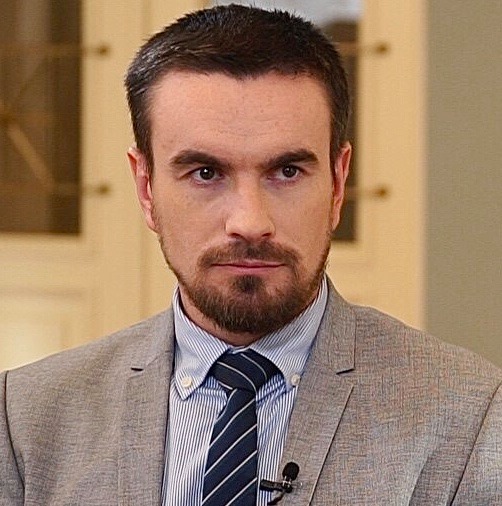BISS presents the seventeenth issue of Belarus’ Foreign Policy Index, a publication which analyzes the status of Belarus’s five foreign policy priority areas in November and December 2013.
In late 2013, the Belarusian leadership kept stalling the implementation of the integration projects with Russia. Nevertheless, Russia continued subsidizing the Belarusian economy, albeit subject to political and economic conditionality. Overall, Belarus stayed within the track of Russia’s foreign policy efforts. In the near term, Belarus will likely have to say goodbye to some of its assets, but this will probably happen in the second half of 2014, when official Minsk needs additional financing in the run up to the presidential election.
The main trend in Belarus’s relationship with the European Union is the formation of a negotiating agenda. This became possible following a statement by Foreign Minister Uladzimir Makiej at the EaP Summit in Vilnius about the willingness of official Minsk to pursue visa facilitation with the EU. Intense diplomatic contacts between Belarus and the European Union continued during the final months of 2013. Apparently, the trend towards the intensification of contacts and normalization of the relationship between Belarus and the EU will continue throughout 2014, the two key reasons being the upcoming presidential election campaign and the Ice Hockey World Championship in Minsk. The Belarusian authorities will obviously try to maintain a most favorable international ambience.
The relationship between Belarus and China went through a rather quiet period. In the meantime, there are signals that Minsk has been increasingly cautious and has adopted a more demanding attitude to its collaboration with China. One reason for this may be the growing disappointment over the benefit of having China as a facilitator of the resolution of some critical issues. Therefore, the year 2014 may witness a more moderate approach of official Minsk to China.
Belarus’s efforts in the developing countries are going through a series of fundamental transformations. Minsk has isolated itself from most of its partners in the Middle East. The Belarusian administration is making consistent efforts to expand its relationships with Nigeria, Ethiopia, Sri Lanka, Bangladesh and Indonesia. Belarus is working to pass its Venezuelan collaboration experience on to the neighboring Latin American states. Meanwhile, Minsk has de facto minimized its activities in the developing world that can enrage the West.
In November, Belarus showed its full support for Ukraine’s European integration ambition, which could have meant new opportunities for Minsk once the geopolitical landscape in the region changed. However, the frustration of Ukraine’s EU Association Agreement that followed prompted official Minsk to adjust its expectations — Belarus will now have a serious competitor for Russian subsidies.
Read the full texts of the Foreign Policy Index in PDF



